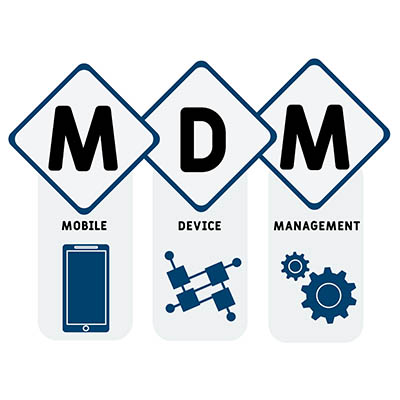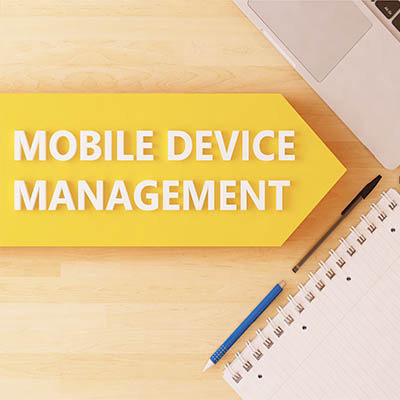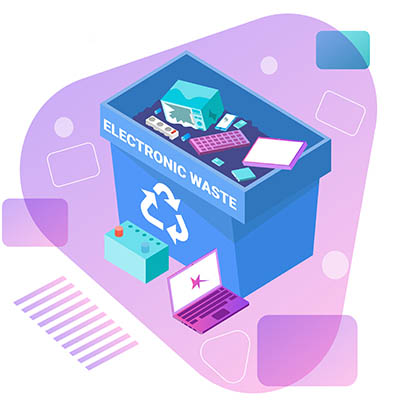Your mobile device management strategy is going to bleed into every other part of your business, especially in the realms of security and productivity. It is of critical importance that you ensure that your mobile device management platform is working toward your company’s operational goals, but it can be challenging at times to look at this type of technology with its many complications. Let’s dive into what makes for a solid MDM platform.
Many small businesses that provide goods or services have a Point of Sale, or POS, as the primary workstation. As such, many of the business’ core processes run through it. These systems have a plethora of great features that are built right into them, and if you fail to take advantage of them, you could be wasting valuable time and resources.
All businesses rely on email, but we will admit that it’s not the sexiest technology solution out there. It’s more of a necessity rather than something you might get excited about implementing for your company. Still, this does not lessen its importance, so you should give it the same care you would any other aspect of your business’ IT infrastructure.
When it comes to network security, there is a lot that can go wrong for your business and countless solutions that you can implement to combat them. However, there are small practices that you can implement on a daily basis to improve security as a whole, so if your collective staff can implement this one easy trick, you might be surprised by how beneficial it can be for your network’s security. This practice? Locking your computer.
Businesses depend on their communication infrastructures to work with clients, vendors, and their staff. Depending on the specific needs of the company, a business might implement any number of communication solutions, all of which have various strengths, weaknesses, and uses. We’ll walk you through some of the most common communication solutions, as well as why you might want them for your company.
With so many companies forced to transition to remote technology, it’s no wonder that many questions regarding the use of mobile technology—particularly laptops and smartphones—have risen to the surface. This is especially the case for data sharing between devices and privacy. Let’s take a look at the mobile device’s role in the remote workplace, as well as how many companies have chosen to ensure that they are not putting their data on the line with them.
Being future-minded means that you are always on the lookout for the next big thing and how it might affect your business, be it technology or otherwise. Many developing technologies might seem like they will never see the light of day, but the reality is that many of them do have the potential to see business applications in some capacity. Let’s take a look at some of these oddball concepts and how they might transition to business use in the future.
Let’s face it: with so (so) many streaming platforms now available for us to binge a trendy show or revisit a favorite movie on, technology and entertainment have become inexorably linked. When you really think about it, the technology that makes these streaming services possible is truly impressive. Let’s go over this technology together.
Unfortunately, technology does not last forever, and today’s culture of upgrades means that users of smartphones and other devices are constantly updating even when they don’t need to. This practice can extend to businesses, too. Businesses need to have a strategy in place that they can use when it is time to upgrade from older devices, including the way that you dispose of them. Here is how you can effectively dispose of your older connected devices without sacrificing the environment and your data privacy/security.
VoIP, the shortened form of Voice over Internet Protocol, can be considered the latest and greatest in telecommunication, a solution that is far superior to traditional landlines. Some businesses have embraced this technology with open arms, whereas others still cling to their landlines like their lives depend on it. At the end of the day, relying on your landline when a better solution exists is no different from throwing money away.










